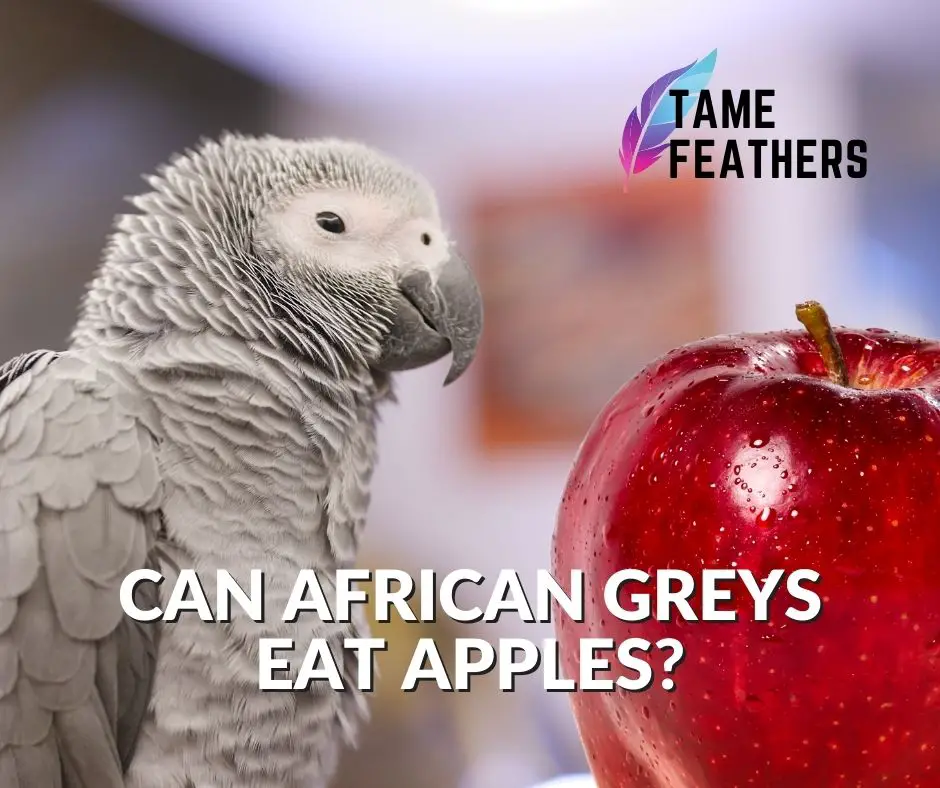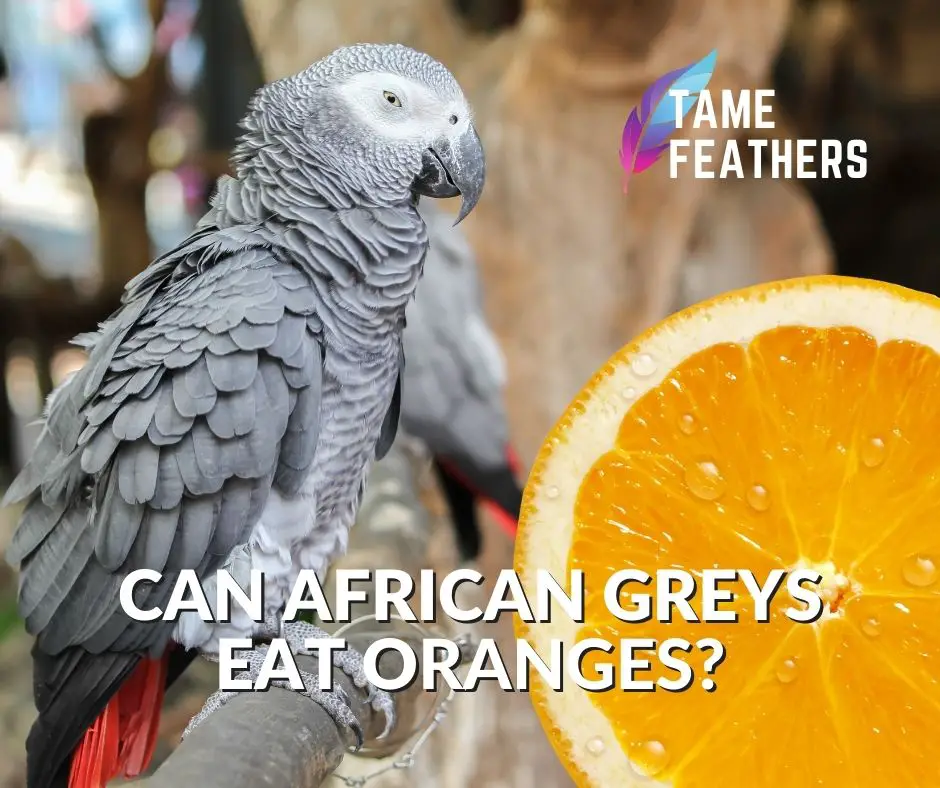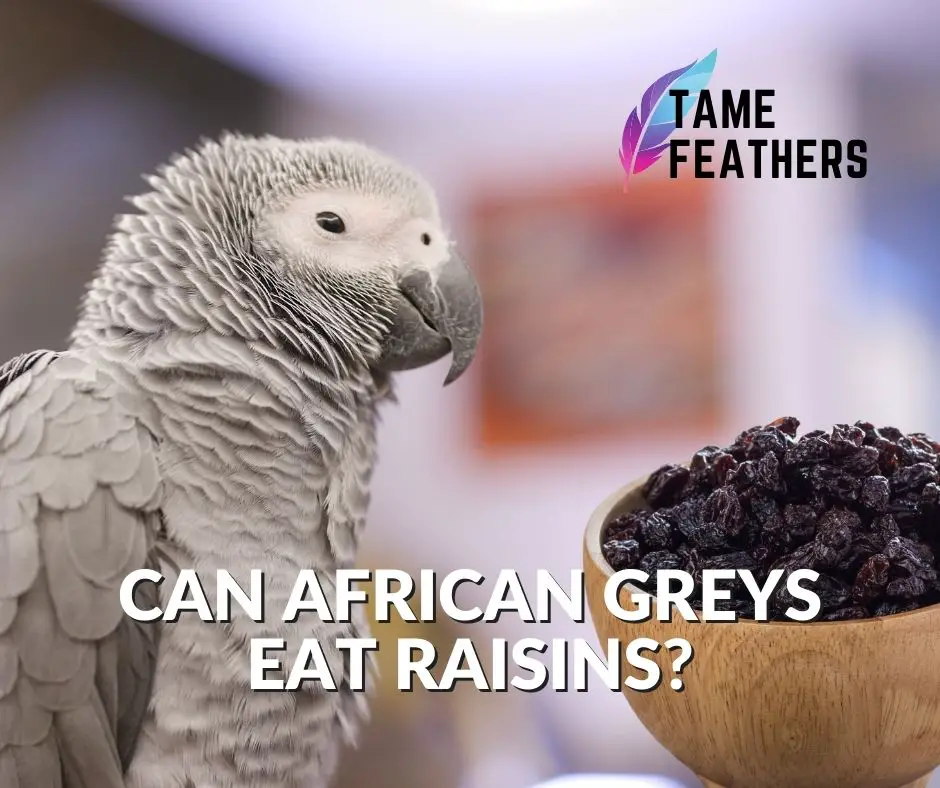Dangers of Feeding Bread to Ducks
We’ve all been there: standing at the edge of a pond, throwing bread to ducks waddling by with their cute little ducklings. It’s a classic pastime, and most people don’t think twice about it. But did you know that feeding bread to ducks can actually be harmful to them? You may be surprised by the dangers involved in this seemingly harmless activity. In this blog post, we will delve deeper into the reasons why feeding bread to ducks is not only bad for their health but also potentially hazardous for them.
The Problem with Nutrition and Bread
Bread, especially white bread, is a high-carbohydrate food with limited nutritional value. When ducks are fed large amounts of bread over time, it can lead to serious health issues. While they enjoy eating it, just like how humans love junk food, too much of this dietary staple can prove detrimental.
The main issue is that even though bread might keep their stomachs feeling temporarily full, it doesn’t provide the essential nutrients necessary for maintaining proper health. A diet high in carbs and low in essential nutrients causes ducks to feel constantly hungry and never truly satisfied- leading them on an endless quest for more sustenance.
Health Issues Related to Bread Consumption in Ducks
What specific health problems are related to excessive consumption of bread? For one thing, ducks that eat too much bread often suffer from obesity as a result. This excess weight can make flying difficult or impossible and lead to further complications such as heart disease or liver dysfunction.
Bread also serves as a choking hazard, particularly if you’re giving ducks large chunks or not breaking it apart properly. Swans have even been known to die from choking after being fed whole slices of bread.
Moreover, an overabundance of bread can also affect the surrounding ecosystem. Uneaten bread left in the water attracts bacteria and algae, which can lead to a depletion of oxygen levels in the water. This negatively impacts fish and amphibian populations and disrupts the balance of life within their habitats.
Obesity and Malnutrition Among Waterfowl due to Eating Bread
Excessive consumption of bread is a major contributor to obesity and malnutrition in ducks. The lack of essential nutrients such as vitamins, minerals, proteins, and fats leads to not only weight gain but also stunted growth in ducklings.
Malnourished birds often suffer from weakened immune systems, making them more susceptible to diseases and infections that can ultimately be fatal. Simply put: Regularly feeding ducks large quantities of bread is doing them more harm than good.
Understanding Angel Wing Condition in Ducks
One severe ailment directly linked with ducks consuming too much bread is angel wing condition. This debilitating condition affects a bird’s ability to fly correctly by causing their wings to twist outward at an unnatural angle.
Angel wing is believed to result from an imbalance in the bird’s diet – primarily due to being fed foods like bread – that interferes with their bone development. Once afflicted with angel wing, ducks are unable even to flap their wings properly or escape predators.
Treatment options for angel wing are limited, with splinting sometimes used on younger birds. However, prevention through proper nutrition remains the best solution for avoiding this heartbreaking disease altogether.
Recommended Duck Diet: Grains, Seeds, Vegetables, and Insects
So what should you feed ducks instead? A well-rounded diet for ducks includes whole grains like oats or barley seeds (cracked corn also works), vegetables such as chopped lettuce or shredded cabbage, and insects like mealworms or earthworms. These natural food sources provide the essential nutrients that ducks need to maintain a healthy lifestyle.
Insects are particularly important as they supply ducks with necessary proteins and fats. This diverse diet allows ducks to grow properly, maintain ideal weight, and keep their immune systems strong enough to fight off infections and diseases.
Alternatives to Feeding Ducks Bread at Parks or Lakesides
If you still want to enjoy the experience of feeding ducks but don’t want to harm them by offering bread, there are several appropriate alternatives. As mentioned earlier, whole grains like rice (cooked or uncooked) or oats are great options. Vegetables such as peas, greens (kale, spinach), and even small pieces of fruit can also be fed.
The key is to offer a more balanced diet that closely resembles their natural food sources, rather than relying solely on bread.
How to Properly Feed Birds without Harming Their Health
When feeding birds like ducks, it’s essential not only what you offer them but also how you present it. To avoid choking hazards: break any large chunks of bread into smaller pieces, no larger than the size of your thumbnail. This makes it easier for birds to swallow.
Keep in mind that any uneaten food left in the water can cause pollution issues. It’s crucial to ensure you’re only giving an appropriate amount.
Proper Size for Feeding Breadcrumbs: Small Pieces Only
If you absolutely must feed breadcrumbs or other types of processed foods:alert>alert>alert>alert>alert>alert>alert>alert>alert>Bold_small_pieces_only_(‘._’._’.’_(‘.’, ‘.)).’}}> . This will help to minimize any potential choking hazards and make it easier for ducks to consume.
Limiting the Amount of Fed Breadcrumbs at a Time
As with any treats offered to pets or wildlife,
}’ ?>’+’).
Importance of a Varied Diet for Duck Health and Wellbeing
In conclusion, providing ducks with a varied and nutritious diet is crucial for their overall health and wellbeing. By understanding the dangers of feeding bread, we can make better choices when interacting with these beloved waterfowl.
So next time you venture to your local park or lakeside, equipped with your bag of “duck food,” remember that there are healthier alternatives. You’ll be contributing positively to their health and happiness by offering nourishing snacks that keep them coming back for more – without causing harm.





